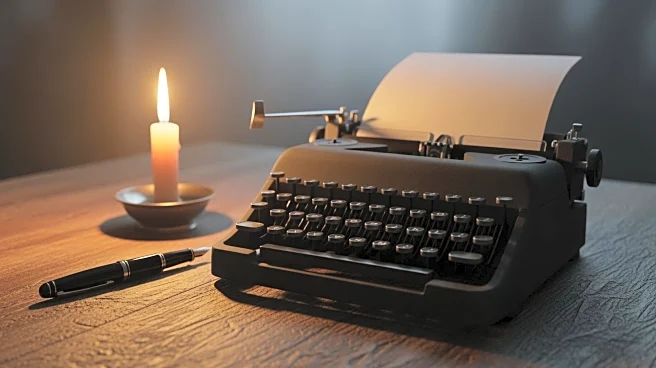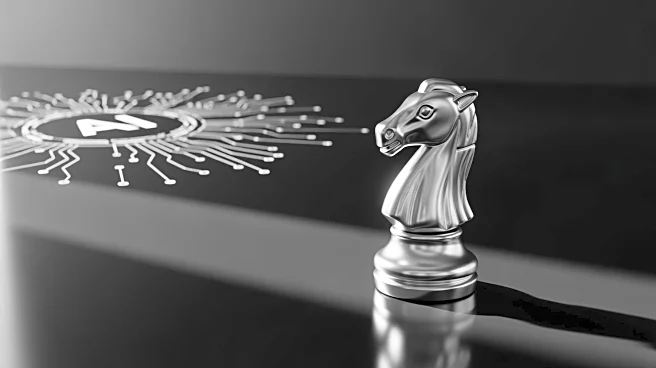What is the story about?
What's Happening?
The Mutter Museum in Philadelphia has revised its policies regarding the collection and display of human remains to align with modern ethical standards. The museum, owned by the College of Physicians of Philadelphia, is limiting the acceptance of new specimens and restricting photography of human remains to educational purposes only. The museum is also working to 'de-anonymize' its collection by researching the personal histories of the remains to provide context and tell their stories accurately. This initiative aims to present the remains within the historical context of medicine and bodily diversity. The museum's collection, primarily gathered between 1840 and 1940, includes 6,500 organs, bones, and other body parts, with some specimens obtained under questionable circumstances.
Why It's Important?
The policy overhaul at the Mutter Museum reflects a growing awareness and sensitivity towards the ethical considerations surrounding the display of human remains. By focusing on the historical context and personal stories of the specimens, the museum aims to educate the public while respecting the dignity of the individuals represented. This shift is part of a broader trend in museums worldwide to address past practices that may have involved exploitation or scientific racism. The museum's efforts to repatriate remains to Native American tribes and limit future acquisitions demonstrate a commitment to ethical stewardship and cultural sensitivity.
What's Next?
The museum plans to continue its research into the origins of its collection, potentially leading to more repatriations and a deeper understanding of the historical context of the specimens. The museum will also restore educational videos to its YouTube channel, ensuring that the content aligns with current ethical standards. As the museum navigates these changes, it may serve as a model for other institutions grappling with similar ethical challenges.















